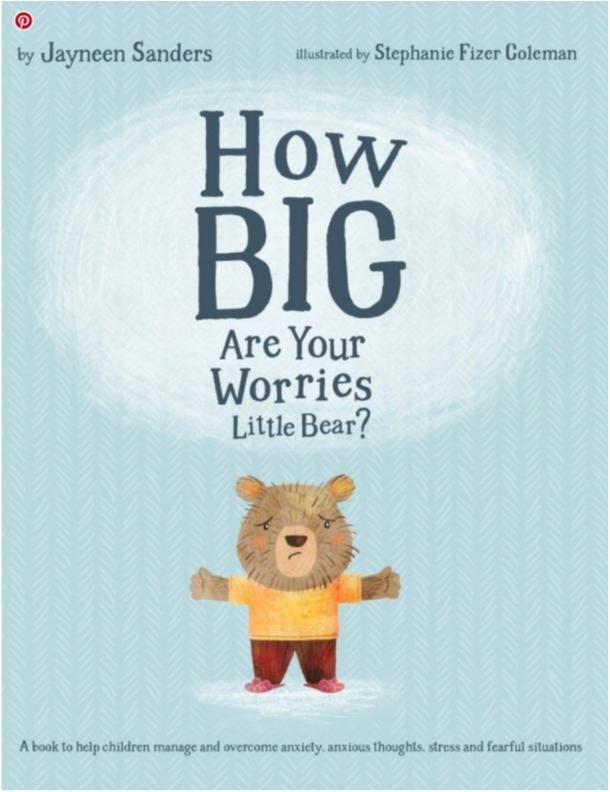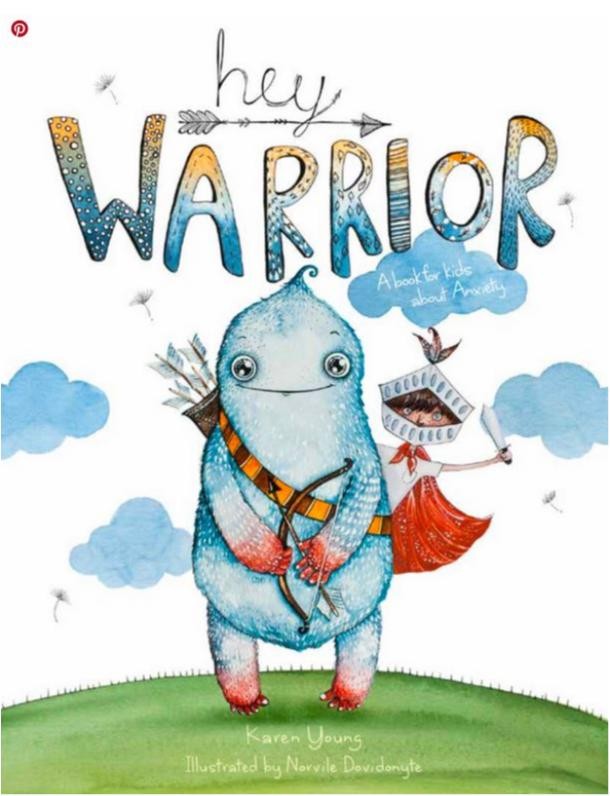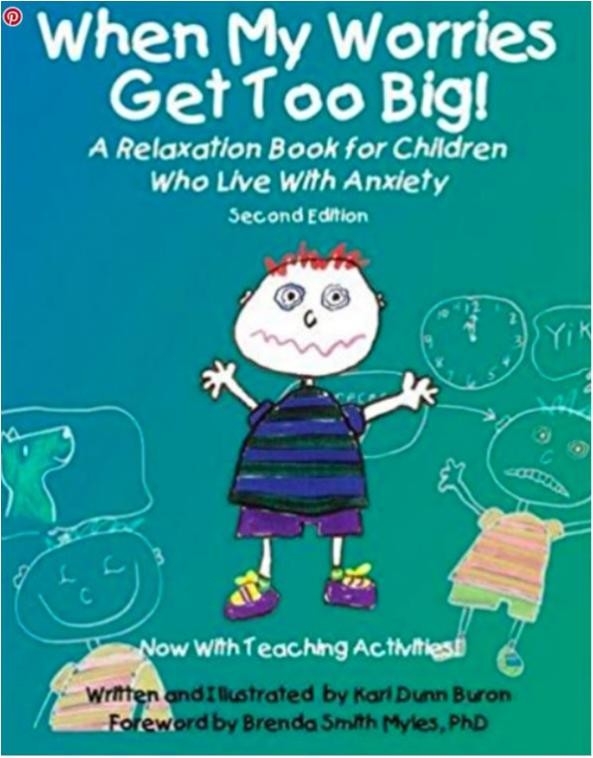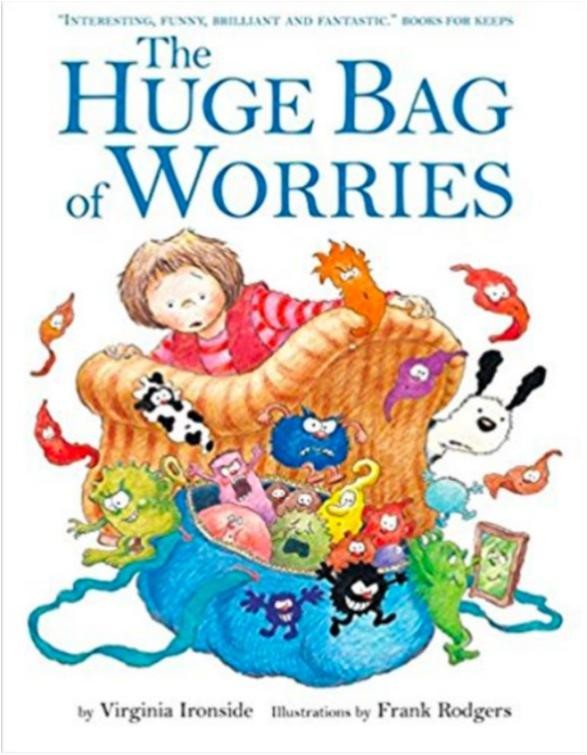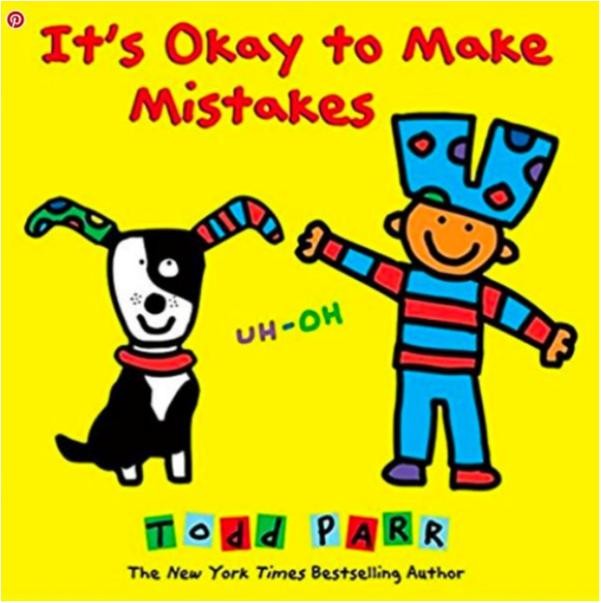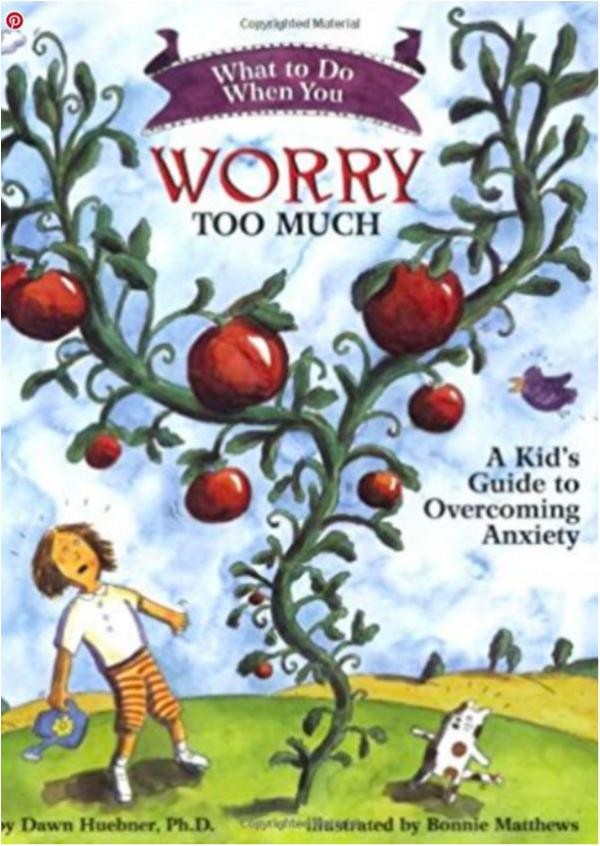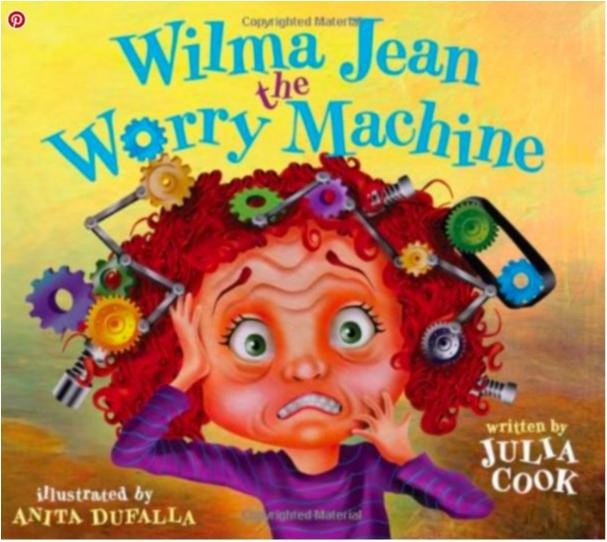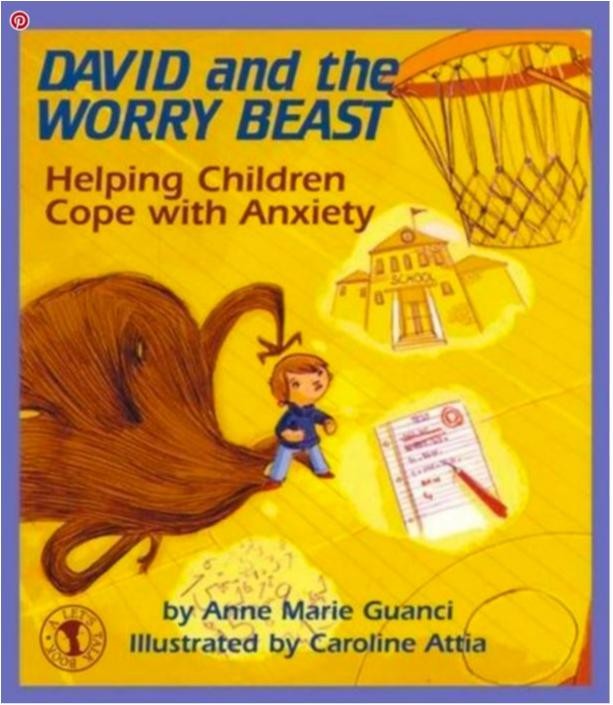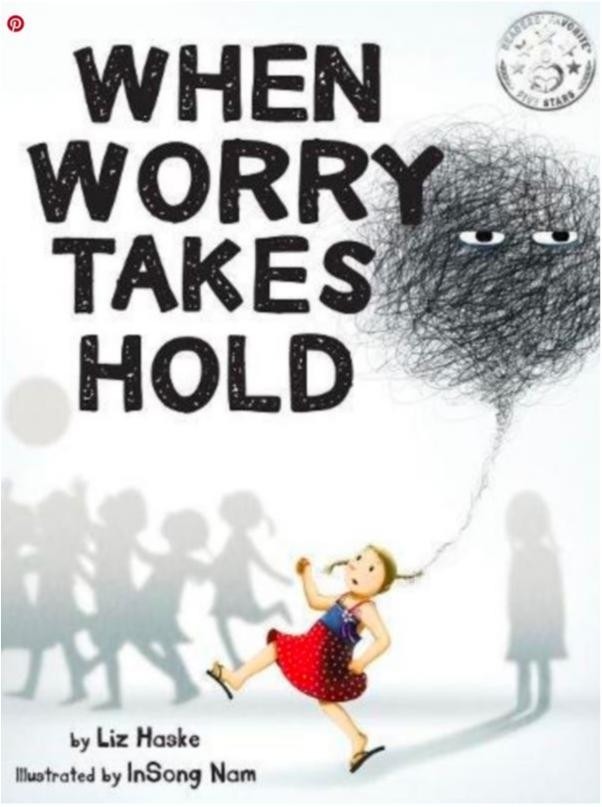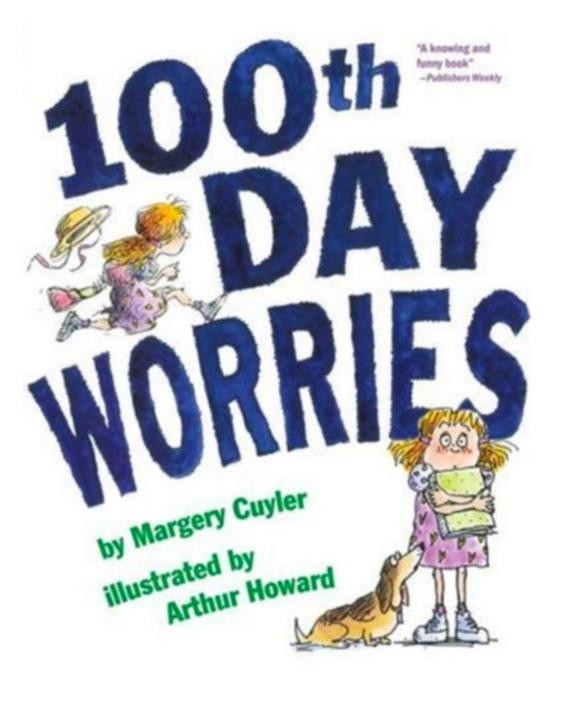Anxiety disorders in children
It's normal for children to feel worried or anxious from time to time – such as when they're starting school or nursery, or moving to a new area.
But for some children, anxiety affects their behaviour and thoughts every day, interfering with their school, home and social life.
This is when you may need professional help to tackle it.
What are the signs of anxiety in children?
When young children feel anxious, they cannot always understand or express what they are feeling. You may notice that they:
- become irritable, tearful or clingy
- have difficulty sleeping
- wake in the night
- start wetting the bed
- have bad dreams
In older children you may notice that they:
- lack confidence to try new things or seem unable to face simple, everyday challenges
- find it hard to concentrate
- have problems with sleeping or eating
- have angry outbursts
- have a lot of negative thoughts, or keep thinking that bad things are going to happen
- start avoiding everyday activities, such as seeing friends, going out in public or going to school
Why is my child anxious?
Some children are more likely to have worries and anxiety than others.
Children often find change difficult and may become anxious following a house move or when starting a new school.
Children who have had a distressing or traumatic experience, such as a car accident or house fire, may suffer from anxiety afterwards.
Family arguments and conflict can also make children feel insecure and anxious.
Teenagers are more likely to suffer with social anxiety than other age groups, avoiding social gatherings or making excuses to get out of them.
When should we get help?
If your child's anxiety is severe, persists, and interferes with their everyday life, it's a good idea to get some help.
A visit to a GP is a good place to start. If your child's anxiety is affecting their school life, it's a good idea to talk to their school as well.
Mrs Julie Wood
SENDCO
- mrswood@newlyn.cornwall.sch.uk

